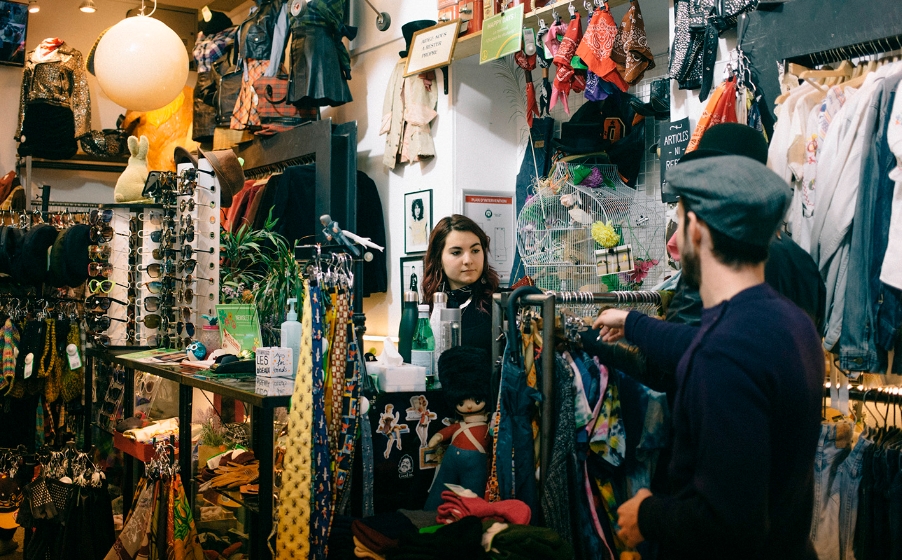Experiences matter more than possessions. How do millennials prefer to travel?
As millennials approach their 40s, CNBC explores the travel preferences of this influential generation that has greatly shaped the travel industry
Millennials, also known as Generation Y or Generation Next, typically refer to individuals born between 1981 and 1996. This generation came of age in the new millennium, growing up with smartphones and smart apps as an integral part of their lives. Millennials are often credited with bringing technology, a sense of social responsibility, and a unique spending culture to the travel industry.
Generation Y, has a strong penchant for travel
Research conducted by Morning Consult has revealed that millennials tend to travel more frequently compared to baby boomers or Generation X. Despite the fact that baby boomers may have greater financial resources, millennials are more likely to take three or more domestic flights in a year. In the United States, 18% of millennials, 10% of Generation X, and only 6% of baby boomers have taken such trips in the past year. This trend highlights the wanderlust and adventurous spirit that many millennials possess when it comes to exploring new places.
Interestingly, travel is perceived by millennials as a right rather than a privilege.
“For them, the travel experience is part of their identity, not a tick box on their wish list,” notes analyst Lindsay Roschke.
Spending but not spending

Millennials often prioritize leisure and experiences over traditional milestones like buying a car or getting married, as they tend to value the present moment more than long-term savings. Rather than “saving up” for future expenses, millennials are more inclined to spend their money on travel and other leisure activities. This reflects their desire for unique experiences, personal growth, and a focus on living in the present. Millennials are willing to invest in travel as a way to create lasting memories and prioritize the enjoyment of life over material possessions or traditional markers of success.
InsureMyTrip’s data reveals that while millennials are willing to spend more on tickets for travel compared to other generations, they tend to optimize their travel budget and seek out savings options while on the trip. For instance, while a baby boomer in the U.S. may spend an average of $6,126 on a trip, a millennial’s average cost would be $4,141, based on insurance policies sold from 2020 to 2023. In comparison, Generation X spends an average of $5,060, and Generation Z spends $2,788. This shows that millennials are mindful of costs and actively look for ways to stretch their travel budget without compromising on experiences.
Impressions are valued more than things

The 2023 Global Travel Trends Report by American Express Travel reveals that 46% of millennials’ travel budgets are dedicated to experiences, and a similar trend is observed among Generation Z. Millennials prioritize mental health and relaxation opportunities during their travels more than any other generation. Hotels with spas and destinations that offer quality healthcare are gaining popularity among millennials, reflecting their focus on well-being and self-care while exploring the world.
Both Generation Y (millennials) and Generation Z are often inspired to travel by various sources such as movies and TV shows, Instagram, and TikTok.
Furthermore, responsible travel is a significant priority for these younger generations. Audrey Hendley, head of American Express Travel, says:
“82% of Generation Z and millennial travelers express interest in holidays that have minimal impact on the environment, compared to 72% of Generation X and 64% of baby boomers.”
Millennials meticulously plan their itineraries, including specific items on their agenda, such as trying local cuisine or visiting filming locations of their favorite TV shows.
Prefer apartments to hotels

During a travel forum, Frederick Lalonde, CEO of the Hopper app, shared that his clients are increasingly opting for apartments and houses for their accommodations, rather than hotels, with a preference for more unique and personalized experiences. This trend is also supported by research from YouGov, a British research company, which predicts that millennials will constitute almost half of Airbnb’s customer base in 2022, surpassing the combined numbers of Generation X and baby boomers. Millennials are known to value authentic and immersive travel experiences, and their preference for alternative accommodations reflects this desire for a more personalized and unique travel experience.
As millennials have entered parenthood, their travel habits have also evolved, with many of them now traveling with young children. In fact, Airbnb rentals have experienced the highest growth among travelers with children aged six and under, according to data from 2019. When traveling with their little ones, millennial parents often look for accommodations that provide a separate bedroom for their child, and many Airbnb hosts are accommodating these needs by offering amenities such as cots, high chairs, and toys for their youngest guests. This reflects the increasing demand among millennial parents for family-friendly accommodations that cater to the needs of their children during their travels.
More people are traveling with children

In order to attract millennial travelers, global hotel chains have introduced brands that specifically cater to their preferences. Marriott has launched Moxy and Aloft, Hilton has introduced Canopy and Curio, and IHG has unveiled Even and voco. These brands are designed with trendy interiors, complimentary cocktails, gourmet dining options, wellness services, and amenities for families with young children, all aimed at appealing to millennial travelers. By offering unique and innovative experiences that align with the preferences of this generation, these hotel brands are seeking to capture the attention and loyalty of millennial travelers in today’s competitive hospitality industry.
In an effort to cater to millennial families, many hotels are shifting their focus towards “family vacations”. They are now creating themed children’s rooms and ensuring that their staff is equipped to meet the needs of millennial offspring. Gone are the days when luxury hotels lacked amenities such as microwaves, washing machines, or high chairs. Nowadays, hotels are more accommodating, with an increasing number of them readily providing these facilities upon request. Some hotels even offer refrigerators specifically designed for safe storage of breast milk. Additionally, in select locations, hotels may provide scooters to make it easier for parents who are still adjusting to the slower pace of travel with children. This shift towards family-friendly amenities reflects the changing preferences and needs of millennial travelers as they embark on family vacations.

